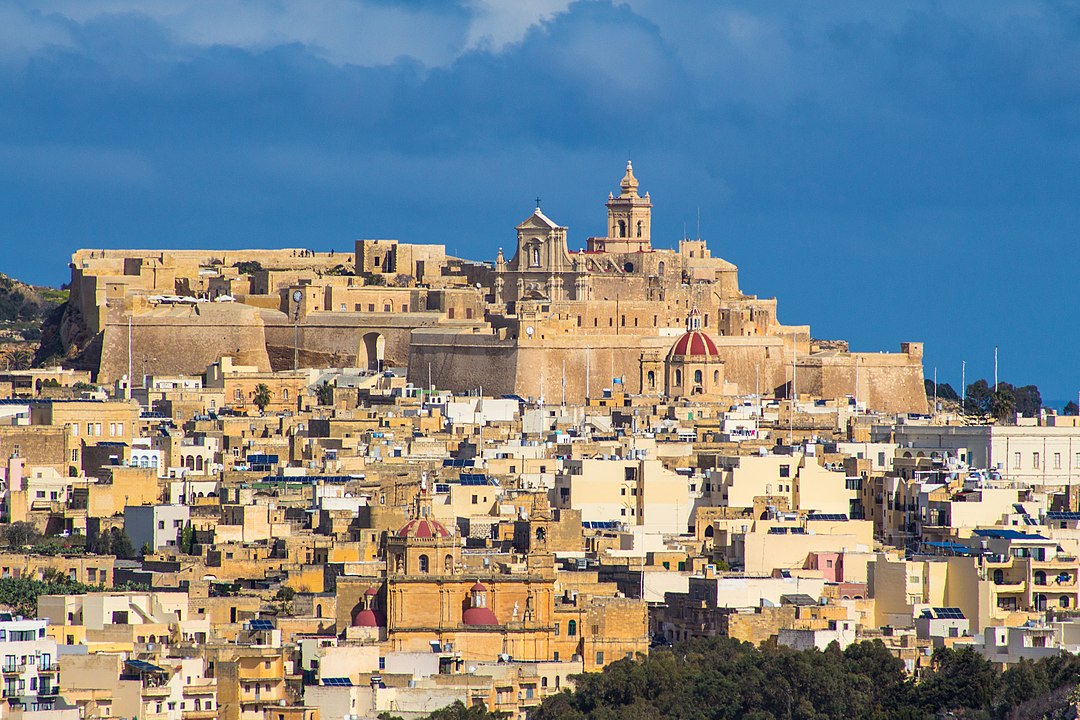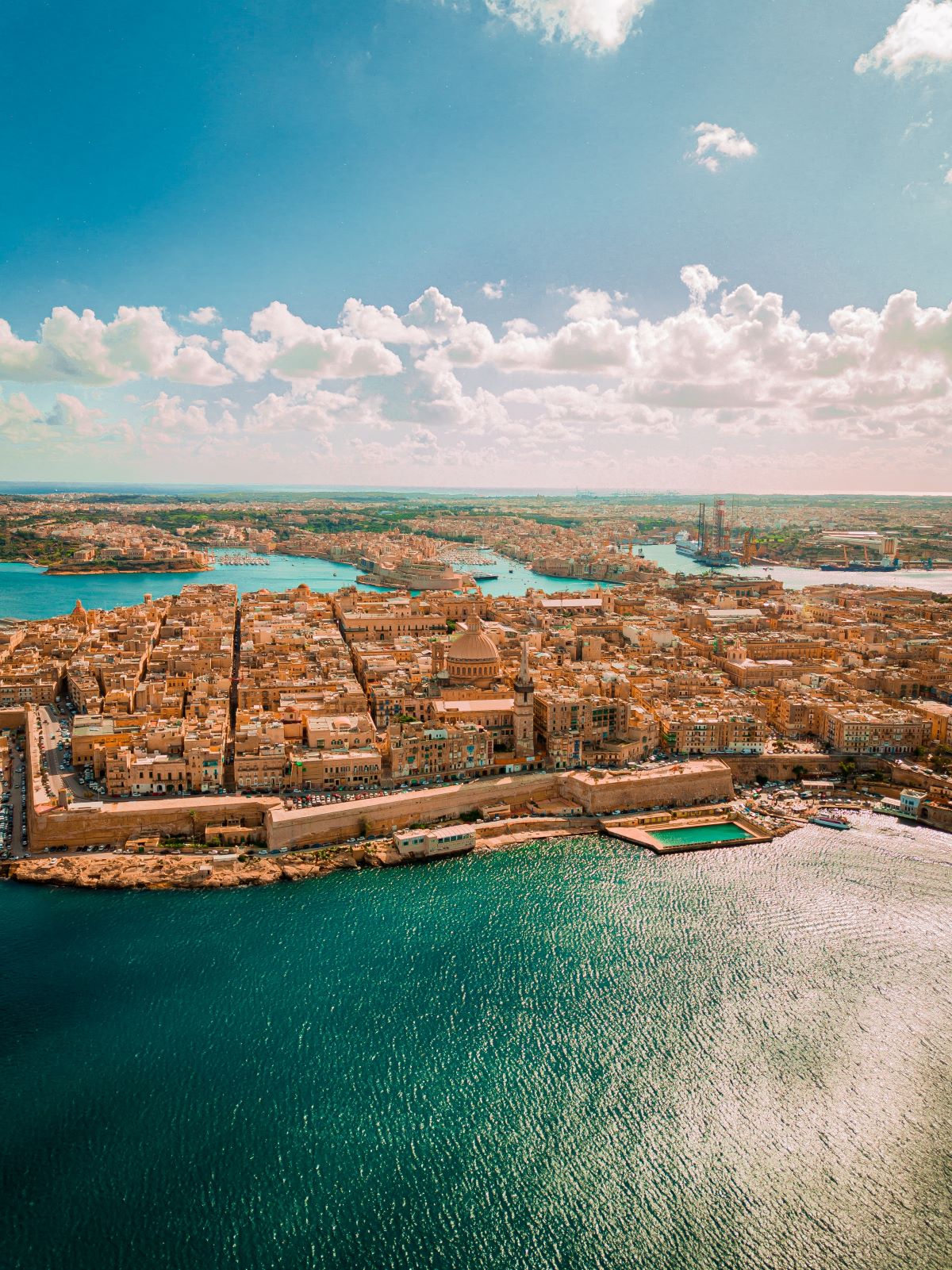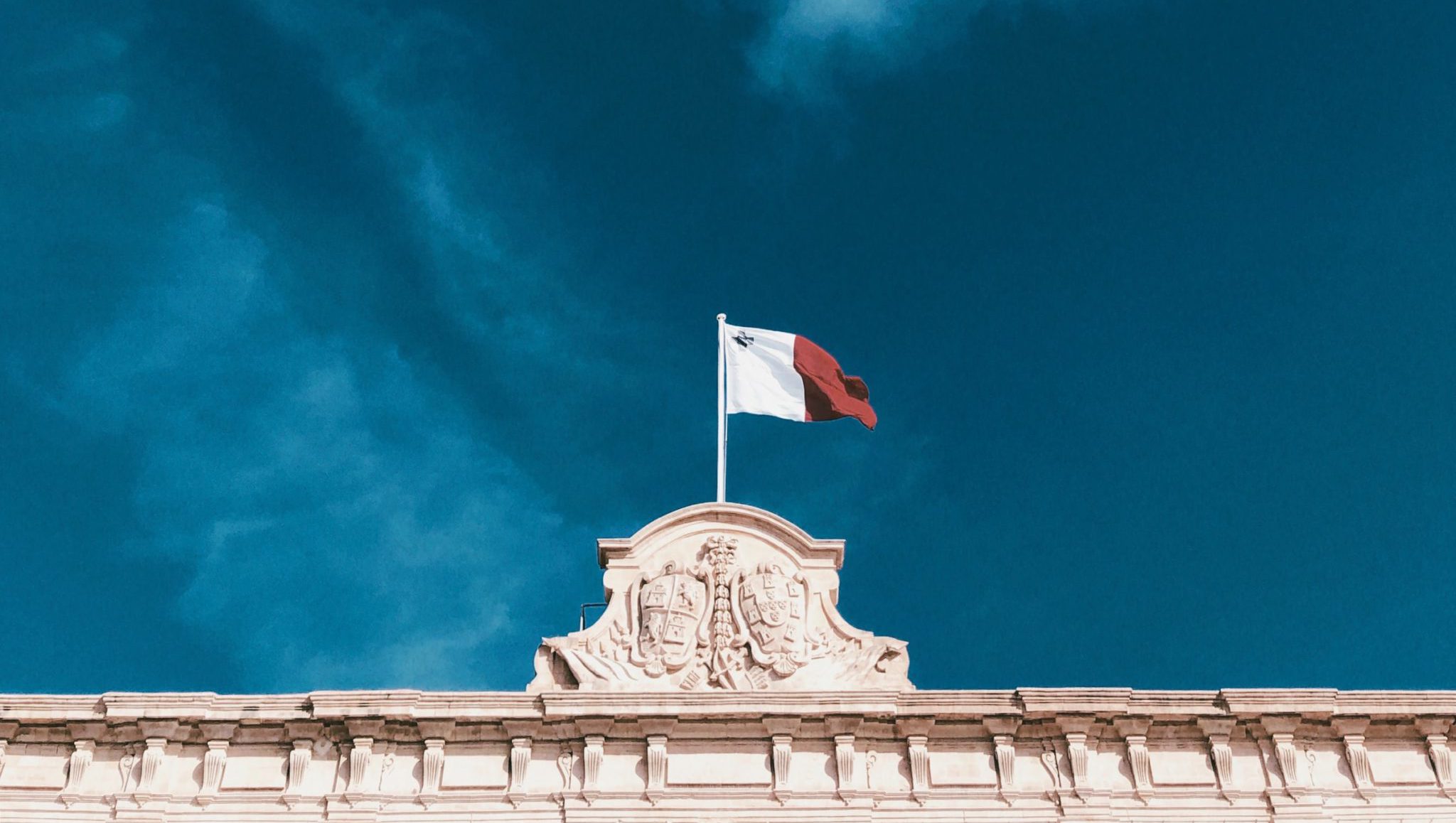As the measures related to the COVID-19 pandemic wind down in tune with the falling number of hospitalisations, the Maltese economy, even during a time of high savings and full employment, is facing challenges on several fronts.
As it adapts to the post-pandemic worker scenario and the greylisting, along with the banking issues that came with it, the country must ramp up its efforts to remain competitive while adhering to emission obligations.
With the Government’s spending for 2022 due to be launched tomorrow, we are taking a look back at some of the most game-changing proposals put forward by Malta’s business lobby groups.
Access to financing and banking services
The Chamber of SMEs called on the Government to obtain a derogation from European Union rules to allow the Malta Development Bank to directly finance commercial concerns, saying the state should get into “direct competition” with banks.
It said that Malta Enterprise’s recent initiative whereby it issues soft loans to businesses for investments not typically supported by banks was a great start, and called for more developments of the sort to give businesses more choice when it comes to financing.

Reduction in taxes
Another bold claim from the SME Chamber was related to income tax, saying that the middle 25 per cent tax bracket should be extended to cover incomes up to €100,000.
Amnesty on undeclared earnings
The Malta Developers Association is meanwhile asking for an amnesty on undeclared incomes, suggesting that everyone should be given the chance to regularise it against penalty of five per cent of the amount. However, income from criminal activities should be excluded from this initative, it says.
Party financing
In a time where political matters are increasingly impacting business considerations, it should come as no surprise that commercial lobbies are making their voice heard on the democratic running of the country. One of the key proposals, put forward by both the MDA and the Malta Employers Association, is for a reform in party financing.
“This would eliminate the wrong perception that business people give donations to parties to advance their own interests,” the MDA said in its budget proposals. “This way, no party would feel indebted to any company or business person.”
The MEA agreed, saying that “what most businesses desire is to operate and compete in an environment that offers a level playing field among willing participants.”
“The vast majority of investors are resentful of the link between business and politics”, it said. “The situation not only creates situations of unfair competition but risks placing the entire business community in bad light. A reform is necessary to sever this link between party financing and business interests.”
Tourism
Perhaps the biggest proposal regarding the tourism sector is the Gozo Tourism Association’s (GTA) recommendation to reduce VAT for all tourism-related businesses to seven per cent, in line with that charged for accommodation activities. Currently, VAT is 18 per cent.

Gozo
For Gozitan businesses, an additional ship dedicated for cargo, proposed by the GTA, would ease transport between the islands, while passengers would benefit from faster boarding times and additional space on the regular service.
Public sector employment
One major proposal, put forward in different forms by the MEA and The Malta Chamber is to limit competition for talent between the private and public sectors.
The MEA pointed to what it describes as a “talent drain” in the run up to the election, and proposed a moratorium on public sector employment in the six months leading up to a general election.
The Malta Chamber went even further, suggesting that public sector employment be limited for year before it reaches its term limit, noting that “a situation where Government is indirectly soliciting human capital from the private sector runs contrary to business competitiveness”.
Worker shortage
The crisis in labour supply, however, goes beyond public sector largesse. The post-pandemic realities of workers’ expectations mean that businesses need to adapt to flexible working arrangements to ensure thir workplace remains attracrive.
The MEA is therefore calling for incentives to the business community to help them provide such arrangements in a sustainable and efficient manner to “encourage the usage of the talent pool we have whilst promoting wellbeing in the community”.
Meanwhile, several different proposals seek to address issues with migrant labour.
Regarding the pressures put on this resource by the pandemic, The Malta Chamber says assistance should be provided to companies who require human resources from, or have contracts of work in third countries.
“The Budget should also include the installing of a testing and vaccination facility within embassies in corridor countries with frequent direct connections to Malta as well as to the third countries of interest to Malta,” it said.
The MEA preferred to look at existing foreigners in the country, particularly asylum seekers and refugees, as an untapped resource, noting that many of them “have been in Malta for years and are easier to integrate than Third Country Nationals, even from an administrative perspective”.
The GTA meanwhile called for better integrations of foreign workers through Government-sponsored language lessons.

Recognition of Malta as a microstate
In what could be a major coup for local businesses, The Malta Chamber is also pushing the Government to negotiate with the EU in order for Malta to be recognised as an island microstate.
“The recognition of Malta’s island state revamped status within the ambit of EU Competition Policy will provide fiscal manoeuvrability on investment aid and assistance addressing cross-country logistics and transportation. It is therefore essential that a national case is presented to the European Union reflecting Malta’s insularity, peripherality and small market size”.
In other words, the EU recognising Malta as a micro state would allow the Government greater freedom to provide financial assistance to private enterprise. State aid is a highly regulated area across the EU with the aim of protecting the single market.
“Malta is increasingly facing supply chain challenges, coupled with potential emerging ones deriving from discussions at OECD level to introduce a global harmonised corporate tax, limiting the country’s manoeuvrability in terms of attracting and retaining foreign investors on the island.”
Green and digital shift
The Malta Maritime Forum said that specific funding support should be available to all forward-looking economic operators willing to render their business models more economically, environmentally and socially sustainable, including but not exclusively those in the maritime sector.
“Operators may achieve these goals through the adoption of tangible climate change or energy-efficiency initiatives, as well as through competitiveness-enhancing measures via concrete innovation and digitalisation initiatives,” it said.
Electric vehicles
As part of its climate change commitments, the Government is seeking to put 65,000 electric vehicles on Maltese roads by 2030. With the total number so far currently below 4,000, both new and used car importers are calling for an increase in the grant to go electric, currently at €8,000 (with an additional €1,000 if another car is scrapped).
Reports that this may increase to €14,000 (+1,000) have not been confirmed.
BusinessNow.mt will be covering the Budget 2022 speech delivered by minister for Finance and Employment Clyde Caruana from 6.30pm tomorrow Monady 11th October.
European Parliament adopts regulation making it easier for companies to be paid on time
The maximum credit term under the new Late Payment Regulation is to up to 120 days, for some sectors
French ATC strike forces Ryanair to cancel over 300 flights, affecting 50,000 passengers
The low-cost carrier is demanding the EU carries out reforms to ensure travel continues undisrupted
Valletta ranks 8th most expensive European capital city to live in – study
While London is the most expensive, Bucharest is the most affordable






